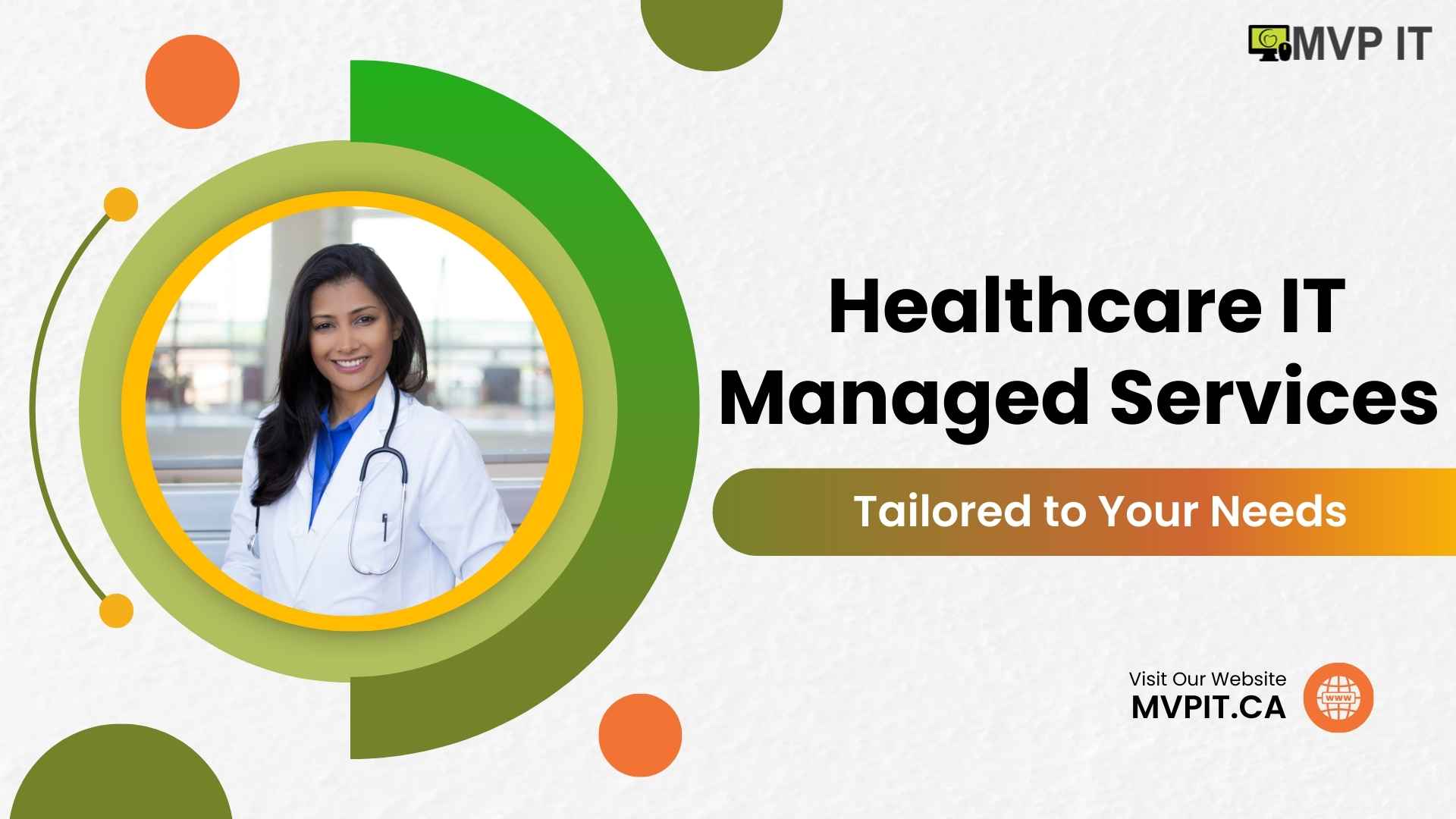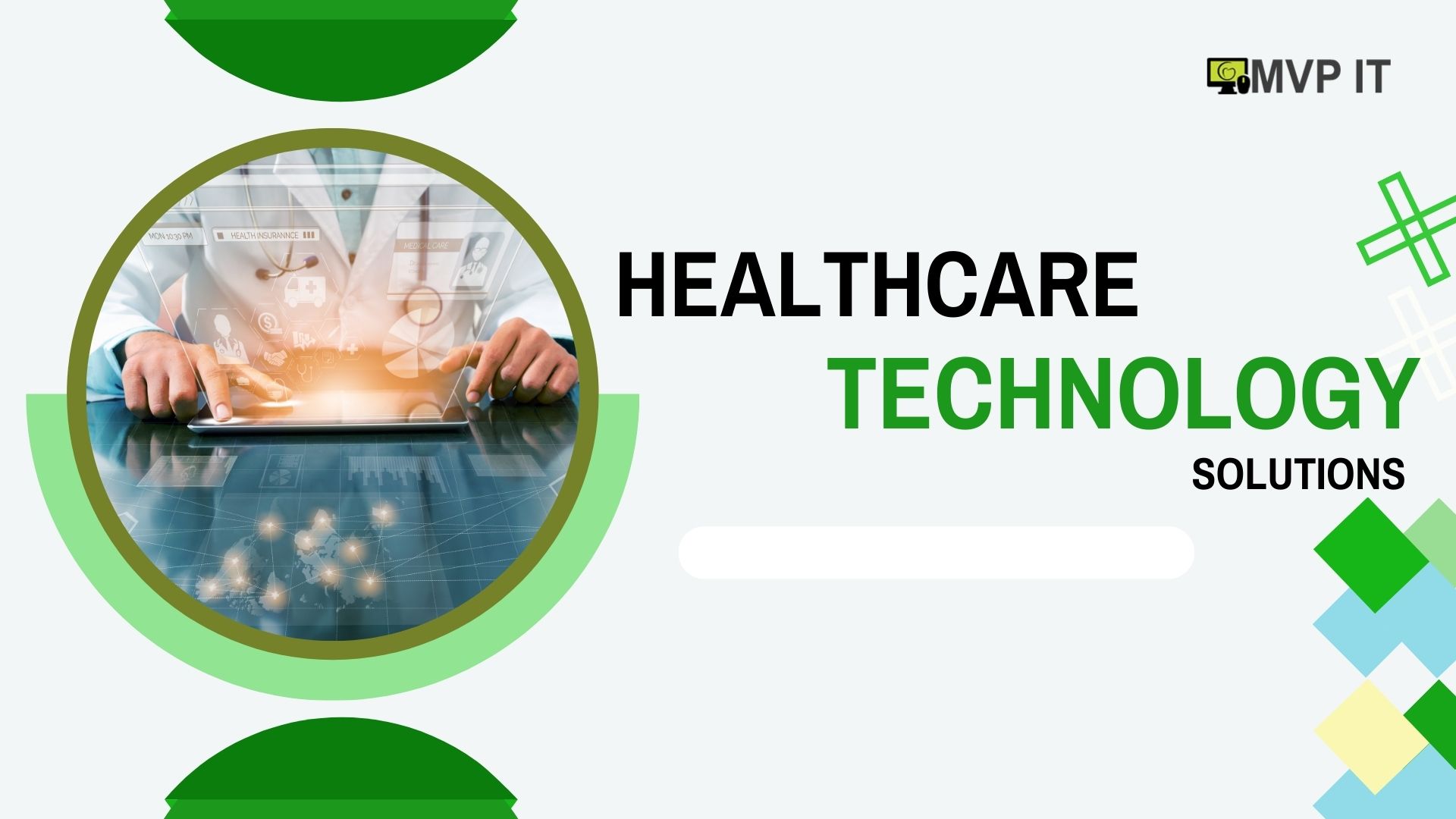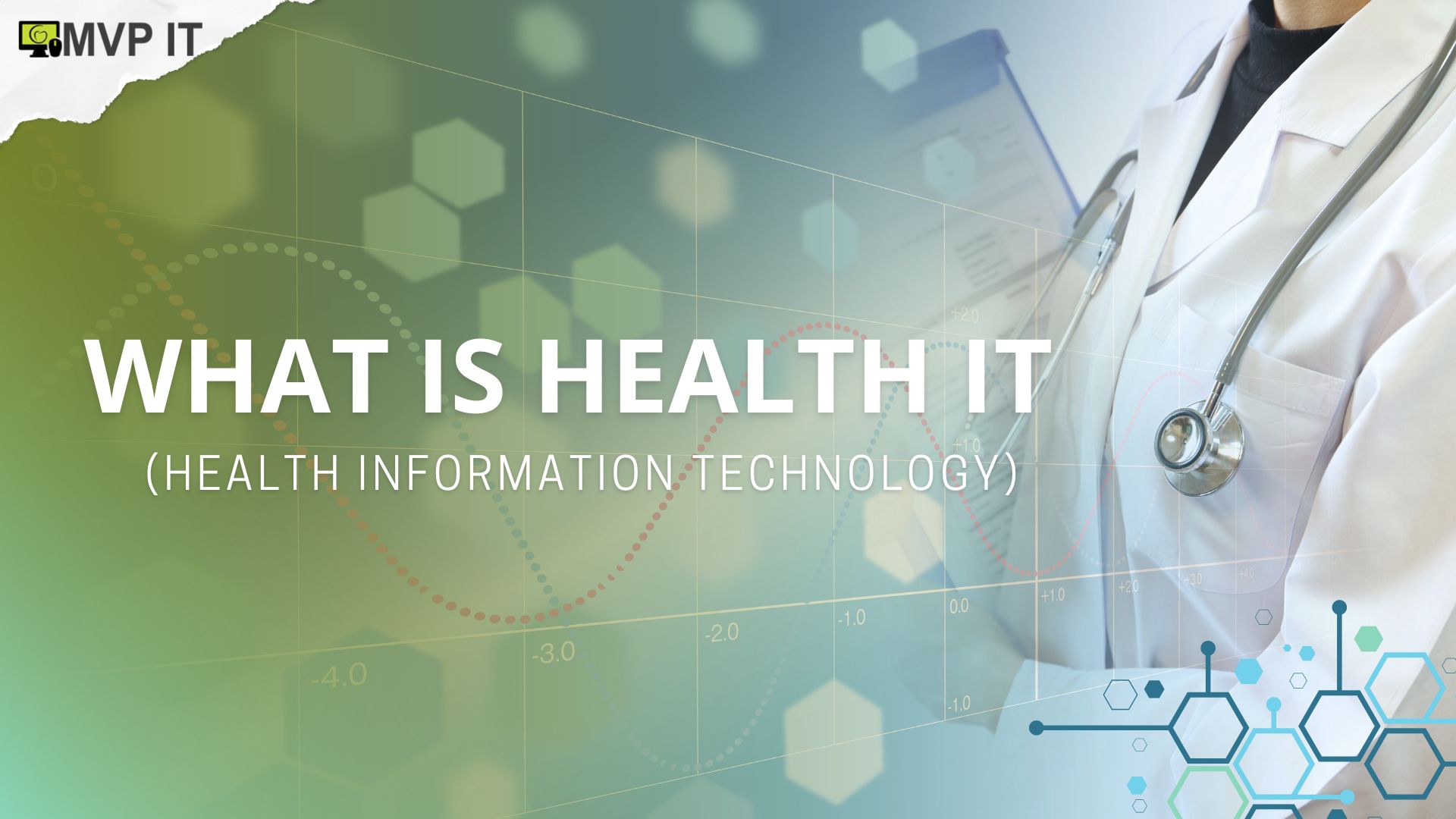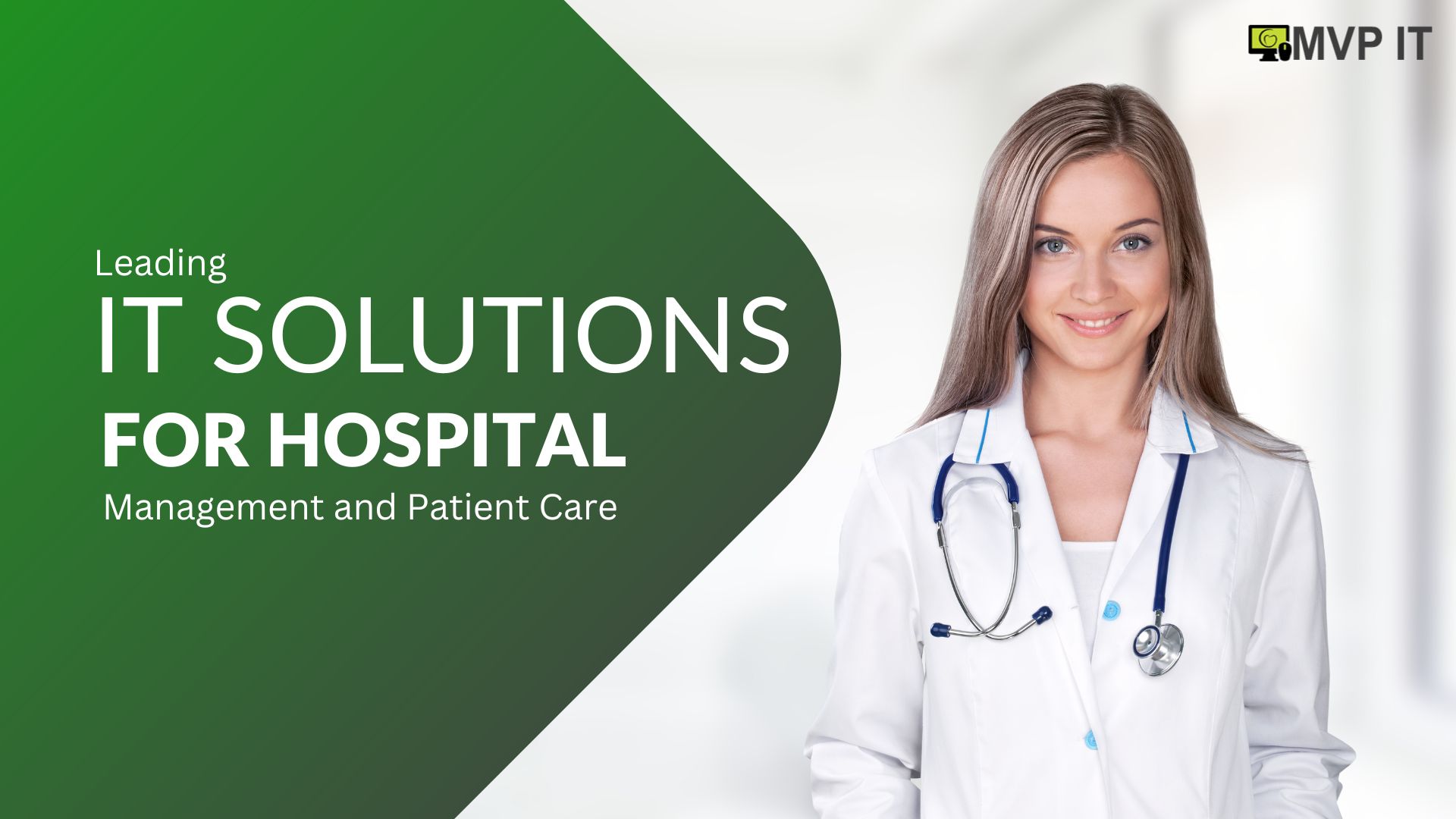Technology is essential to the fast-paced world of healthcare because it makes operations run smoothly, enhances patient care, and keeps regulatory standards compliant. Healthcare providers now see healthcare IT managed services as a critical component of their overall IT infrastructure management strategy.
Importance of IT-Managed Services in Healthcare
Because they handle so much sensitive patient data, security and compliance are top priorities for healthcare organizations. To maintain patient care, they also need to make sure everything runs smoothly. The issues posed by the healthcare business are tackled by IT-managed services, which offer customized support and specialized knowledge.
Components of Healthcare IT-Managed Services
- Infrastructure Management: This includes managing hardware, servers, and networking equipment to ensure optimal performance and reliability.
- Data Security and Compliance: Protecting patient data from breaches and ensuring compliance with regulations such as HIPAA.
- Network Management: Monitoring and maintaining the network infrastructure to prevent downtime and ensure seamless connectivity.
- Software Solutions: Implementing and managing software applications tailored to the specific needs of healthcare providers.
Benefits of Healthcare IT-Managed Services
- Cost Efficiency: Outsourcing IT management can reduce overhead costs associated with maintaining an in-house IT department.
- Enhanced Security: IT-managed service providers employ robust security measures to safeguard patient data against cyber threats.
- Improved Patient Care: With reliable IT infrastructure and support, healthcare providers can focus more on delivering quality care to patients.
- Streamlined Operations: Efficient IT management leads to smoother workflows and fewer disruptions in daily operations.
Case Studies: Effective Healthcare IT Managed Services Implementation
Hospital A: Decreased Downtime and Enhanced Patient Care
Hospital A revamped its antiquated IT infrastructure in collaboration with a managed services provider. The supplier increased system reliability and reduced downtime by putting proactive monitoring and maintenance procedures in place, freeing up hospital employees to concentrate on delivering high-quality patient care.
Clinic B: Enhanced Productivity and Streamlined Operations
Clinic B looked to a managed services provider for help in streamlining its administrative procedures and raising employee output. By using cloud-based solutions and optimizing EMR/EHR, the provider assisted Clinic B in achieving notable operational and budgetary reductions.
Future Directions for Managed IT Services in Healthcare
Integration of telemedicine
The COVID-19 pandemic has increased the use of telemedicine, allowing medical professionals to securely and effectively provide patients with distant care. In order to guarantee smooth communication and integrate telemedicine solutions into the current IT infrastructure, managed service providers will be essential.
Machine learning and artificial intelligence
From personalized treatment suggestions to predictive analytics, advances in machine learning and artificial intelligence (AI) have the potential to completely transform the way healthcare is delivered. Healthcare organizations can better optimize patient outcomes and operational efficiency by adopting AI with the support of managed service providers.
Patient monitoring via remote access
Healthcare professionals may keep an eye on their patients’ vital signs and overall health state even when they’re not in traditional clinical settings, thanks to technology called remote patient monitoring. Proactive and customized patient care will be made possible by managed service providers helping to deploy remote patient monitoring systems.
Which healthcare-managed IT services are usually included in a service agreement?
A comprehensive managed IT service agreement for healthcare includes many services designed to raise the standard of healthcare delivery. Typically, these services consist of:
Electronic Health Records (EHRs) and Electronic Medical Records (EMRs)
Managed IT services frequently include EHR and EMR system development, upkeep, and support. These digital platforms improve overall efficiency in healthcare institutions, facilitate provider-to-provider contact, and streamline the handling of patient data.
Cloud services
For safe patient data management, access, and storage, healthcare institutions are depending more and more on cloud-based solutions. In order to guarantee dependable access to vital information while abiding by industry rules like HIPAA, managed IT services include the supply of cloud infrastructure, data migration, backup, and disaster recovery solutions.
Patient Care Devices
Managed IT services cover a variety of patient care devices, including medical imaging equipment, monitoring devices, and telemedicine technologies. These devices also require management and support. These services ensure the integration, proper operation, and security of the technology necessary to deliver high-quality care to patients.
Revenue Cycle Management
Healthcare organizations’ financial stability depends on efficient revenue cycle management. Healthcare providers can increase income while reducing administrative duties and billing problems with the support of managed IT services, which include solutions for billing, claims processing, coding, and reimbursement optimization.
Cybersecurity Solutions
In the healthcare industry, safeguarding patient data from online attacks is critical. To protect sensitive data and reduce the likelihood of data breaches or ransomware attacks, managed IT services offer strong cybersecurity solutions like threat detection, prevention, and incident response protocols.
Telemedicine Support
With the growing popularity of telemedicine, managed IT services may include support for virtual care delivery platforms, video conferencing solutions, and remote patient monitoring systems. These services enable healthcare providers to expand access to care, improve patient engagement, and optimize workflows for virtual consultations.
Compliance and regulatory support
Managed healthcare IT services guarantee adherence to industry standards, HIPAA, GDPR, and other legal obligations. To preserve conformity to data privacy and security standards, this entails carrying out routine audits, putting security processes into place, and offering staff training.
24/7 technical support
Managed IT service agreements normally include 24-hour technical support to quickly resolve any IT-related difficulties. This ensures minimal disruption to healthcare activities and maintains the dependability and availability of essential systems and applications.
Best Practices for Implementing Healthcare IT Managed Services
To maximize the benefits of IT managed services, healthcare organizations should follow these best practices:
- Thorough Assessment: Conduct a comprehensive assessment of current IT infrastructure and identify areas for improvement.
- Customized Solutions: Choose a managed service provider that offers tailored solutions to meet the specific needs and challenges of the healthcare organization.
- Continuous Monitoring and Support: Regular monitoring and proactive support are essential for maintaining the stability and security of IT systems.
Conclusion
Finally, healthcare IT managed services help healthcare organizations improve their IT infrastructure, streamline operations, and meet regulatory requirements. Healthcare organizations may focus on patient care while receiving competent IT management from a trustworthy managed services provider. These services’ strategic technology infrastructure management ensures security, regulatory compliance, and operational efficiency. Through partnerships and industry best practices, healthcare providers may optimize their IT operations and focus more on patient outcomes.











